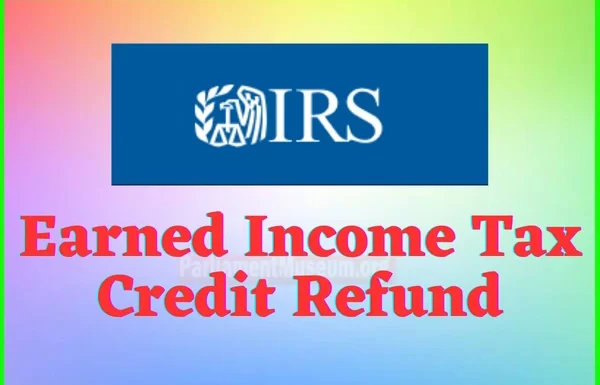
The Earned Income Tax Credit (EITC) is one of the most advantageous and refundable federal tax credits available to working people. It can reduce your federal tax bill dollar-for-dollar and, in some cases, provide you with a larger refund.
The EITC was created as a work bonus to supplement wages of low-income workers and offset Social Security taxes. As such, it has come to be seen as an anti-poverty tax benefit.
What is the EITC?
The Earned Income Tax Credit (EITC) is a work-oriented, refundable tax credit available to low and moderate-income workers. Eligibility for this benefit depends on several factors, including family size, filing status and income level.
This credit can amount to up to $6,935 per tax return and is one of the most sought-after tax breaks.
The EITC and child tax credit (CTC) help taxpayers reduce their tax liabilities. Furthermore, they reduce federal tax revenue, which provides a major source of funding for antipoverty programs.
How do I claim the EITC?
The Earned Income Tax Credit (EITC) is a federal tax credit that may help you receive a larger refund or reduce your tax liability. It’s specifically targeted towards low-to-moderate income workers and families.
To be eligible for the EITC, you must meet certain criteria. For instance, you must have earned money through employment or have wages or self-employment income.
You may qualify if you are in the military or clergy. Furthermore, those with children, disabilities and other qualifying conditions may be eligible as well.
If you have children, the primary requirement is that they live with you. But there are other criteria such as age, relationship, residency and joint return that must also be fulfilled.
If your children qualify, be sure to complete Schedule EIC (Form 1040 or Form 1040-SR), Earned Income Credit. Be sure to include their name, Social Security number, date of birth and relationship when filing this claim.
What if I qualify for the EITC?
If you meet the EITC eligibility requirements, the EITC may give you more money back in your tax refund and even eliminate any federal taxes owed.
The EITC was created to assist low- and moderate-income working families, particularly those with children. However, it can also benefit individuals without children – known as “childless workers.”
AARP strongly advocates for Congress to relax the EITC rules and increase credit for more childless workers as part of the bipartisan American Rescue Plan (ARP) through 2021.
Additionally, the ARP made it simpler to claim the EITC by increasing the investment income limit for all taxpayers.
Despite these modifications, the tax credit remains one of the most difficult components of IRS code for taxpayers to comprehend – its instructions running three times longer than for the Alternative Minimum Tax. Fortunately, however, the bipartisan tax deal includes numerous program integrity measures which aim to reduce errors.
What if I don’t qualify for the EITC?
The EITC is an invaluable tax credit that can help you keep more of your hard-earned money. Furthermore, it’s refundable so if you qualify for the credit and owe in taxes more than what is refunded to you, more of what you owe in taxes will be refunded to you.
In most cases, it’s simple to qualify for the EITC. If you have wages, tips, net self-employment income or Social Security earnings (including alimony and child support), then you may be eligible.
For further details, consult the IRS’ EITC eligibility chart.
If you are a single filer without children who made $16,480 or less in 2018, and your primary home is in the U.S., then the credit may still apply to you.
You may still be eligible for the Earned Income Tax Credit (EITC) if you were unmarried and didn’t live with your spouse in 2022, provided you meet seven conditions to claim it.












